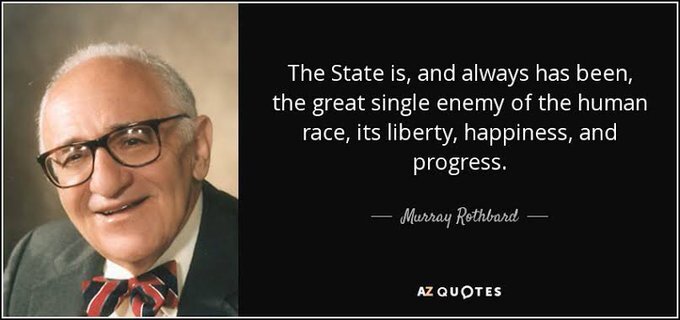As the Dan Andrews internet rage boils on, it is worth remembering that some of it is bought and paid for. As shown by Dr Timothy Graham in a report earlier this month, criticism of the Andrews government has been amplified by so-called “sock puppet” accounts.
Graham’s report showed accounts tweeting #DanLiedPeopleDied were much more likely than average to have been newly created. Some also switched languages and posted on entirely disconnected issues, while others spammed out right-wing memes, like this one, every few minutes.

This kind of campaign is now widespread on a global level, even if many people assume it is uncommon in Australia. A Brown University study found that a quarter of all tweets about climate change around the time of the Paris climate talks were tweeted by fake accounts. These accounts were disproportionately likely to support Donald Trump’s withdrawal from the accords.
In Italy, researchers studying debate over African immigration found that the political figures who were the most significant nodes in the debate were more likely to have bots as followers. Figures from the same political parties actually shared groups of bots amplifying their activity. Through their coordination, these bots were in fact more effective at promoting particular messages than regular Twitter users.
Of course, the “bot” label itself is akin to labelling opponents as “fake news.” A more accurate approach would be to think in terms of “astroturfing,” given that many accounts tweeting in a coordinated way actually parallel real people’s online profiles. As Twitter itself has pointed out, “Many of the bad actors mimic legitimate accounts to appear credible.”
In an example unearthed by the Bureau of Investigative Journalism, Heather Davis from New York State, aka @TwIzTeD__bItCh, had her Twitter identity copied and reproduced as @TwIzTeD___bItCh. Her new identity began tweeting in support of South African oligarchs the Guptas as part of a campaign tied to a London-based PR firm.
In that sense, the Twitter “bot” issue – while often spoken of as a novel threat to democracy – actually comes back to the same old issue about big money giving undue influence within democratic politics.